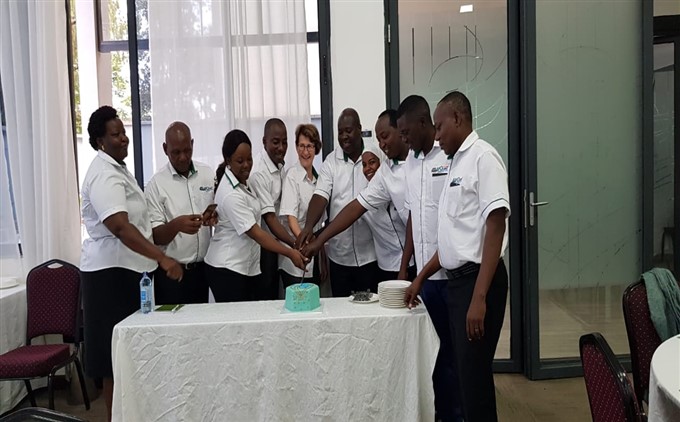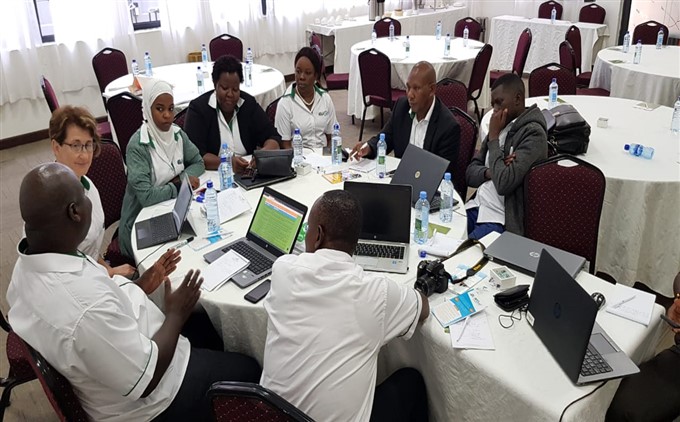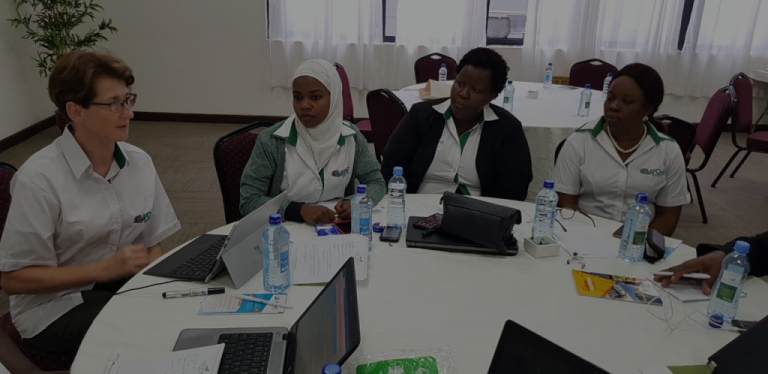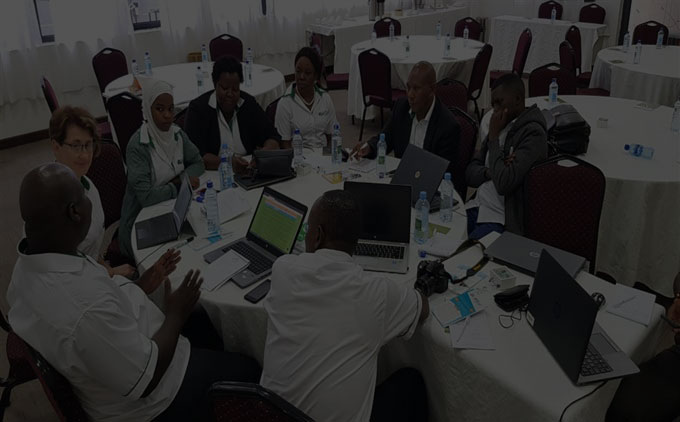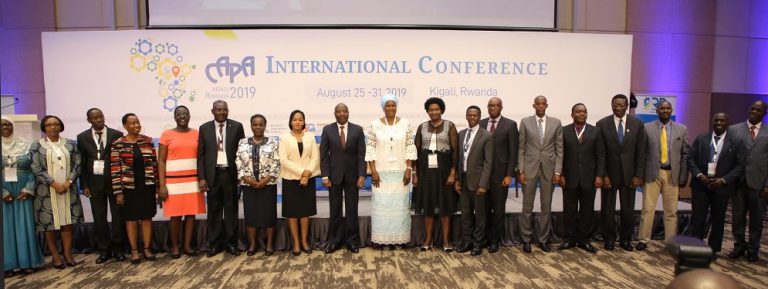Sustainable Development
- Home
- Sustainable Development
Greening and Sustainable Development in TVET
With Africa ‘s increasing large labor force, low level of physical infrastructure, and diminutive stage of industrialization, the continent has vast potential to rapidly transform environmental imperatives into practical economic opportunities, which could simultaneously reconcile the environmental and poverty reducing factors. The vast majority of African jobs are essentially dependent, or inextricably connected, to the extraction of natural resources. For example, 80% of Africa’s employment comes from the agricultural, mineral, fishing, and forestry sectors. Moving the Sustainable Development and Greening TVET agenda forward in Africa has become ever more salient, as it will enhance economic opportunities while sustaining valuable natural capital and thereby serve as the foundation for sustainable employment growth.
A study demonstrates that Africa is the most vulnerable region to climate change in terms of suffering the highest losses in agricultural productivity. It is expected that African countries will lose between 16-20% of agricultural productivity to climate change over the period of 2008-2050.
As the number of the unemployed population continues to grow and natural resources dwindle with an increase in the harm done to the environment, a systematic sustainable method is called for in order to forestall an imminent danger that could have an adverse effect on both the environment and its inhabitants. Today, 65% of Africa’s cultivable land is degraded. Focusing on greening and sustainable living will therefore will help Africa. All African countries are currently experiencing high population growth rates and are not resilient to climate change. The vast majority of these countries are already confronted with pervasive poverty, food insecurity, and inadequate levels of education and health services, poor infrastructure, and substantial amounts of inequality.
Organizations and TVET institutions in Africa are not responsive to emerging greening and sustainability issues, therefore the institutions graduate students without skills for sustainable development. As it is, some of the challenges faced with the integration of sustainable development in TVET are limited awareness and understanding of Sustainability, Greening TVET, strategic and leadership skills for initiating and promoting change. Sustainable Development and Greening TVET agenda will seek to minimize the detrimental effects of climate change by promoting green practices that are more sustainable over the long-run. The opportunity provided by Sustainable Development and Greening TVET spans economic, social and environmental dimensions and meeting the needs of industries, individual learners and the community it serves.
Against the backdrop of the increase in the demand for TVET is the growth in the number of jobs that are shifting their processes to reduce their carbon footprint and mitigate environmental impact, as well as the jobs that emerge from the exponential expansion of green technologies. TVET has a vital role to play in developing young people and adults by equipping them with the knowledge, skills and competencies that can facilitate them to take full advantage of the job opportunities, co-create sustainable solutions and entrepreneurial learning, and therefore contribute to the creation of sustainable societies.
TVET institutions need to be oriented to these developments in order to respond to changes in demand. The opportunities associated with greening and sustainable development are many for example; a World Bank study estimates that in Africa the lowest income quintiles spend the most on energy. Yet Africa leads the world in terms of potential for renewable energy generation due to its substantial levels of solar, biomass, and wind resources. While population growth is undoubtedly one of Africa’s biggest challenges, the continent’s increasingly youthful population can also be perceived as a great opportunity to harness.
There is a need to develop the capacity of TVET professionals who will inspire, encourage and support their institutions to develop and implement their own transformative strategies for establishing green, resource efficient, sustainable and low carbon institutions.
AFQueT offers trainings that will develop the knowledge, skills and attitudes of professionals and green champions that will promote resource efficiency and sustainability in their institutions and organizations and of course save money too. This will successfully position TVET as a key agent in fostering sustainability, environmentally, socially, economically and politically and this can only be achieved by developing the capacity of professionals in TVET institutions.
AFQueT offers trainings and consultancies to institutions/organizations in the following but not limited to this:
- Development of resource efficient, sustainable development, and greening TVET policy for institutions in Africa
- Development of Green Manual for Staff and Students in TVET Institutions
- Development of e-platform for Sustainable Development information sharing
- Integrating the 3 pillars of Sustainable development in TVET courses and programmes in institutions
- Development of greening Curriculum for institutions
- Support institution’s sustainability agenda and boost sustainability literacy of staff
- Monitoring and evaluation of SD programs in institutions
- Identifying cost savings and environmental improvement opportunities
- How to be able to bring about change
- New skills and tools to improve the resource efficiency and environmental performance of organisations – and, of course, save money too.

